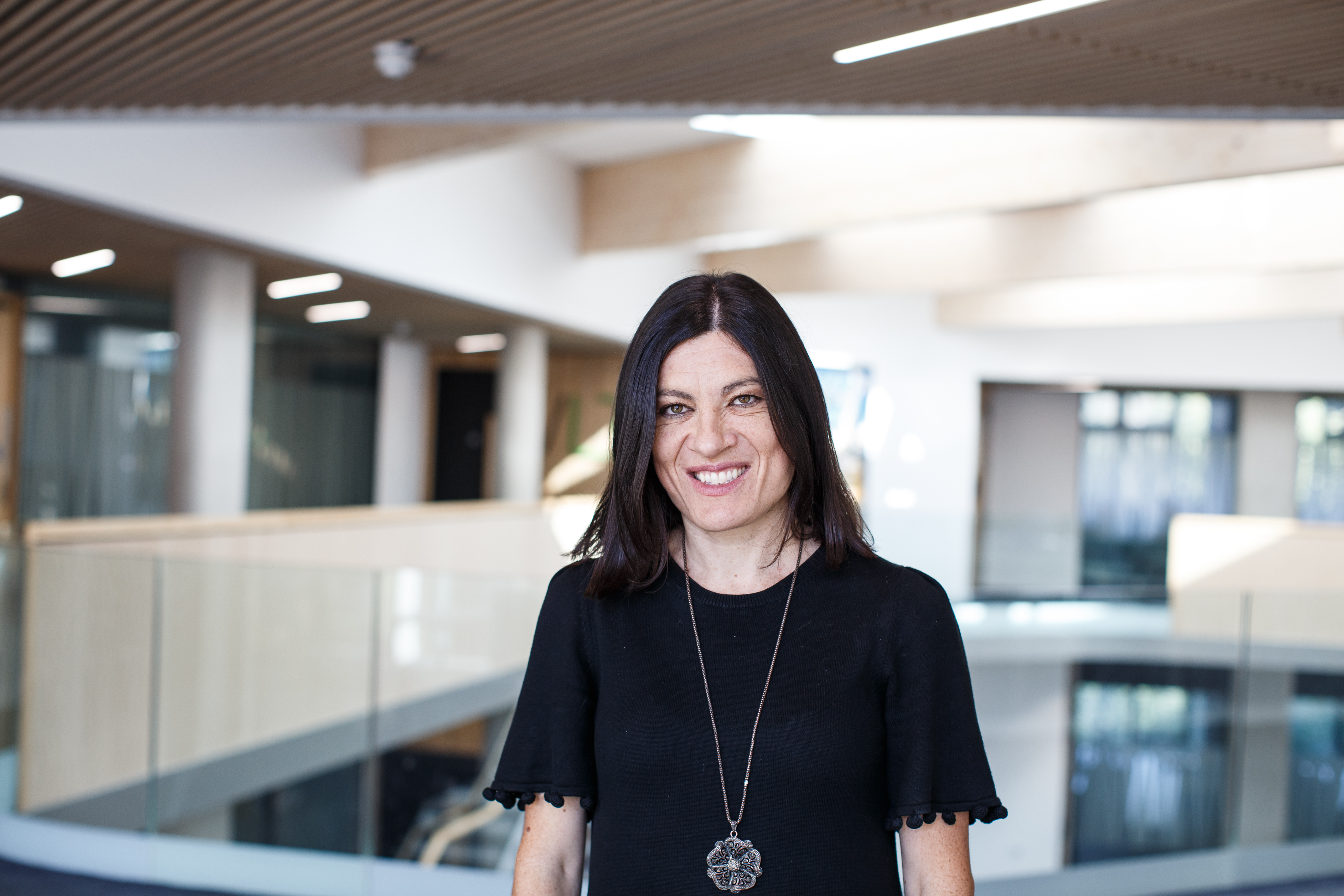“The Sustainable Development Goals (SDGs) are at the heart of the United Nation 2030 Agenda for Sustainable Development and provide worldwide guidance to eradicate poverty and hunger, achieve gender equality, ensure peace and prosperity for all, and protect our planet.
Goal 13 “Take urgent action to combat climate change and its impacts” is crucial to accelerate progress on the 2030 Agenda, as it is strictly integrated with all the other goals. Failure to build resilience to climate-related hazards and natural disasters, in fact, will have cascading negative impacts on many other global challenges, such as food security and production, human health, sustainable and inclusive growth.
Also, as recently underscored by the Intergovernmental Panel on Climate Change’s Sixth Assessment Report on Impacts, Adaptation and Vulnerability, climate change is increasingly and disproportionately affecting the world’s most vulnerable countries, in turn increasing poverty and social inequities.
Operational Research (OR) is the discipline of applying advanced analytics tools, such as data analysis, simulation and mathematical optimisation, to support decision making, improve operational efficiency and streamline the use of scarce resources. As such, OR has significant potential to find innovative solutions to climate change and environmental challenges.
In the developed world, OR has been successfully applied to solve problems in the areas of disaster management, circular economy and waste management, environmental restoration planning, sustainable food supply chains and smart transport.
As an example, researchers in the Department of Analytics, Operations and Systems at Kent Business School have worked on projects to mitigate the impact of flood disasters in Vietnam through optimised investment planning, to reduce traffic and carbon emissions at the Port of Dover, and to transition to a more sustainable mode of production and consumption in Europe through implementation of Circular Economy strategies.
Unfortunately, most countries in the developing world, including some Southeast Asia countries heavily affected by climate-related disasters such as Indonesia and Vietnam, lack the expertise to develop and apply relevant OR methodologies.
To redress this gap, I recently led an EPSRC funded project (CREST-OR) to raise OR awareness in Southeast Asia (SEA) and build local capacity in the use of OR for solving challenges in the areas of disaster management, food security, resilient transport infrastructure and smart cities. Academics, students and practitioners in SEA have embraced the new tools with great enthusiasm and are now keen to see OR flourish in the region to help meet SDG and disaster risk management objectives in their countries.
To continue develop OR capacity in Southeast Asia, a few key steps need to be taken:
- Develop OR courses and degree programmes in local universities
- Develop OR academic leaders who promote the integration of OR into higher education systems and lead national and international OR-based research projects
- Promote the use of OR to address critical SDG issues with stakeholders and policy-makers
- Form new partnerships of OR academics and practitioners working together in the pursuit of the SDGs in SEA
- Support the development of the recently established Southeast Asian OR Network (SEAORN), as a platform for ideas’ crossover and mutual learning
UK universities like Kent can be drivers for this OR capacity building process to unlock the massive potential that OR has to combat climate change and achieve the SDGs, not only in Southeast Asia, but in any developing country facing similar climate challenges”.
Professor Maria Paola Scaparra is Professor of Management Science at Kent Business School and part of the Department of Analytics, Operations and Systems.

